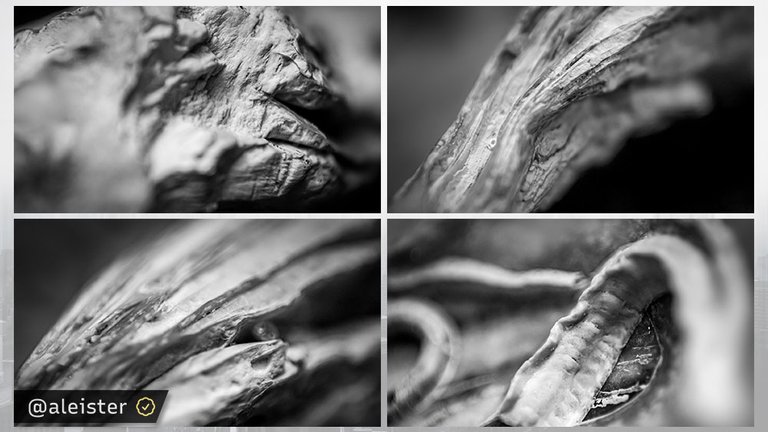
Hi there :)
I share another visual record of a limestone formation, more precisely a shell. Similar to a collection of rocks I shared previously which I named "Rocks à La Carte", this time it is not a collection, but given the number of specimens I collected, I could well have created a new collection.
Despite the visual similarity between the various sessions, everything differs in details and tones, and it was the neutral tones of this shell that made me opt for a monochromatic record, through which it is possible to make all the textures and layers that make up stand out in more detail. part of the composition.
Used equipments
Camera: Canon EOS 600D Digital SLR with CMOS sensor
Lens: EFS 18-55mm with f/4 maximum aperture, allowing shallow depth of field and capturing fine details.
Used inverter ring
Tripod: not used
Lighting: Adjustable LED lights to provide soft, even lighting, avoiding harsh shadows and highlighting the details of structures.
Session Purpose
The main objective of this macro photography session is to capture detailed images, with a focus on thoroughly observing and documenting all characteristics and visual details. Furthermore, i seek to create attractive visual compositions for publication on this blog, aiming to share the beauty and complexity of this structure.

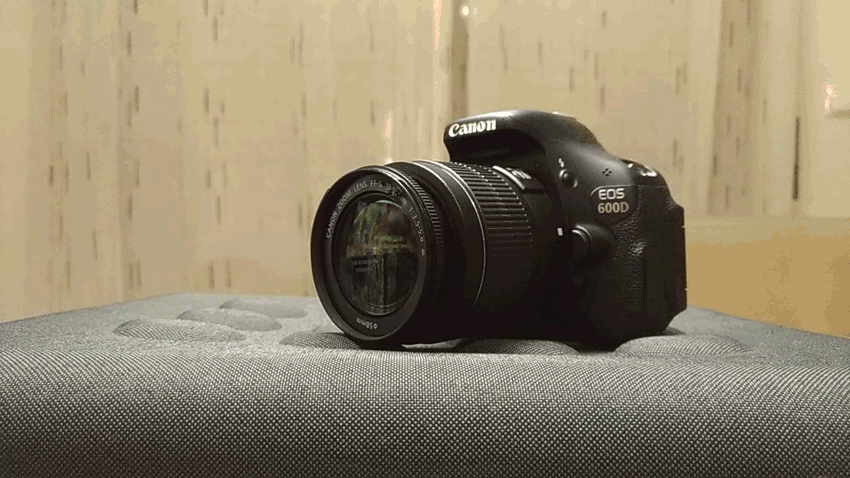
Among the numerous techniques available for macro photography, this method is arguably the most cost-effective and efficient for individuals possessing a camera with a removable lens. By simply detaching the lens and reversing its direction, and employing an inversion ring, the process becomes more manageable and streamlined.
Technical Description of Macro Photography Session
Camera Settings
Focus Mode: Manual focus to ensure precision in specific details of structure.
Aperture: Variable aperture between f/3 and f/4 for adequate depth of field, ensuring all important details are in focus.
ISO: Low ISO setting (400) to minimize noise in images.
Shutter Speed: Adjust shutter speed as needed to avoid underexposure, while maintaining a value that allows you to capture sharp details.
Procedures
- Environment Preparation:
Assembling the macro photography set in a controlled environment, minimizing the presence of dust and ensuring a clean and white surface for positioning the subject. - Section Positioning:
Placing the subject in position that highlight the unique characteristics, using appropriate supports to keep the example stable. - Lighting Adjustment:
Setting the LED lights to provide uniform illumination, adjusting the intensity and angle of the lights to eliminate unwanted shadows. - Image Capture:
Taking multiple shots with variations in aperture settings, shutter speed and capture angle, exploring different perspectives and compositions. - Image Review:
Immediate analysis of images captured on the camera's viewfinder to ensure that all desired details were captured sharply and clearly. - Post-Production Editing:
Importing images into editing software (Adobe Photoshop CS) to adjust brightness, contrast, sharpness and remove any imperfections.
Let me present today’s model:
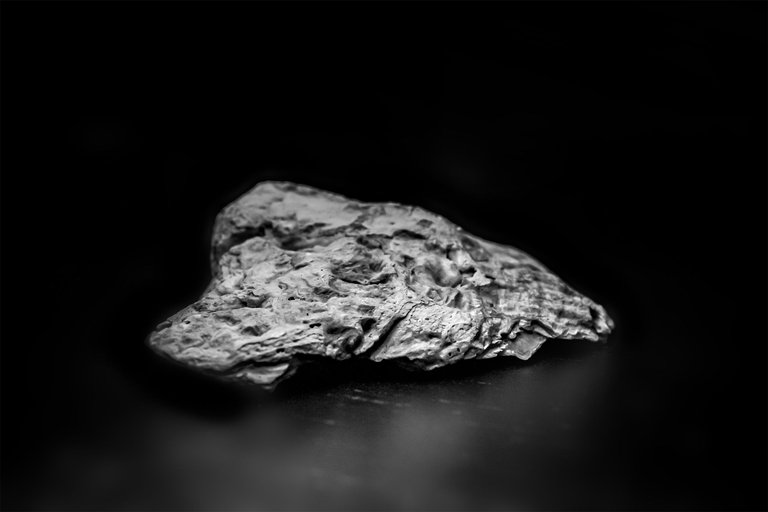
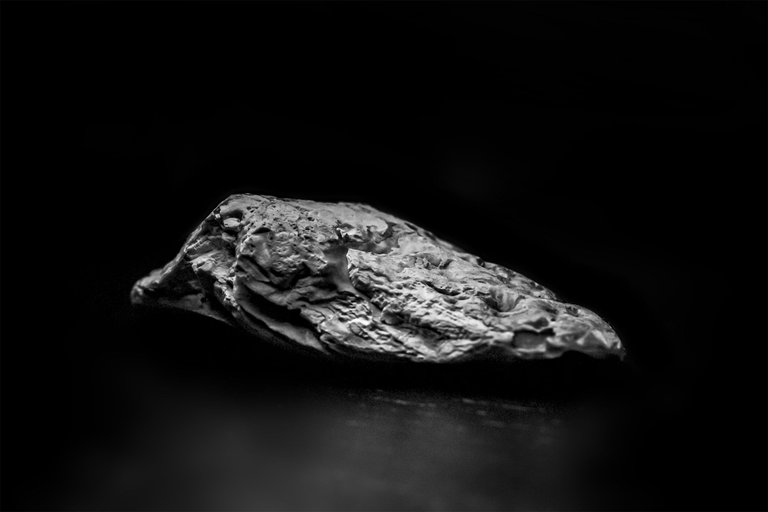
Before moving onto the result...
- My introductory thoughts about macro photography:
The field of macro photography is a domain replete with limitless possibilities and boundless creativity. It is truly remarkable how the use of macro lenses, with their capability to produce beautifully blurred backgrounds, can yield such a diverse array of images rich in contrast and texture.
Macro photography unveils a world of intricate details that often escape the naked eye. It is as if an entirely new universe unfolds before the lens, inviting us to explore and appreciate the beauty inherent in the minutiae of everyday life.
What makes macro photography so captivating is its ability to offer a new perspective on the world around us. With the right technique and vision, even the most mundane subjects can be transformed into works of art, each image telling its own unique story.
There are no limits to what can be captured. Each object becomes a potential subject, where the ordinary becomes extraordinary, where even the smallest details can evoke a feeling of surprise.

Let's now move onto the result:
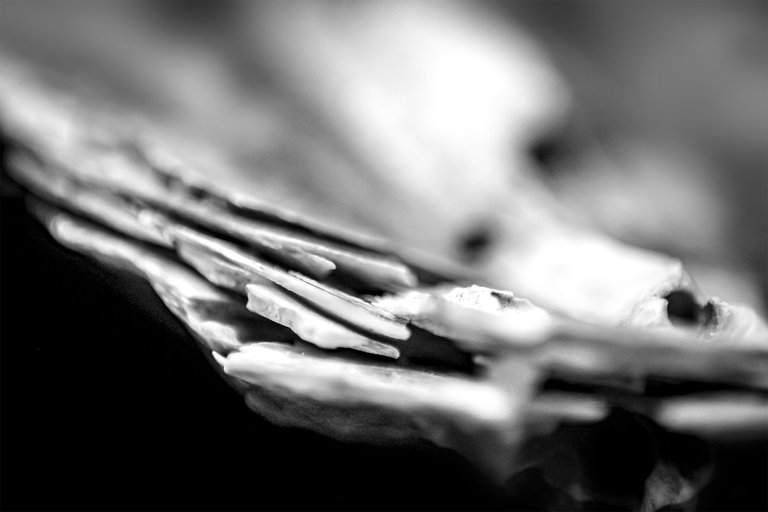
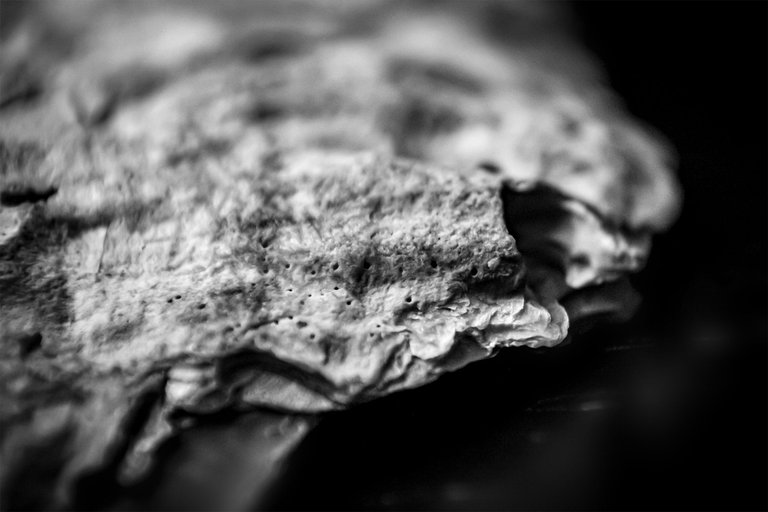
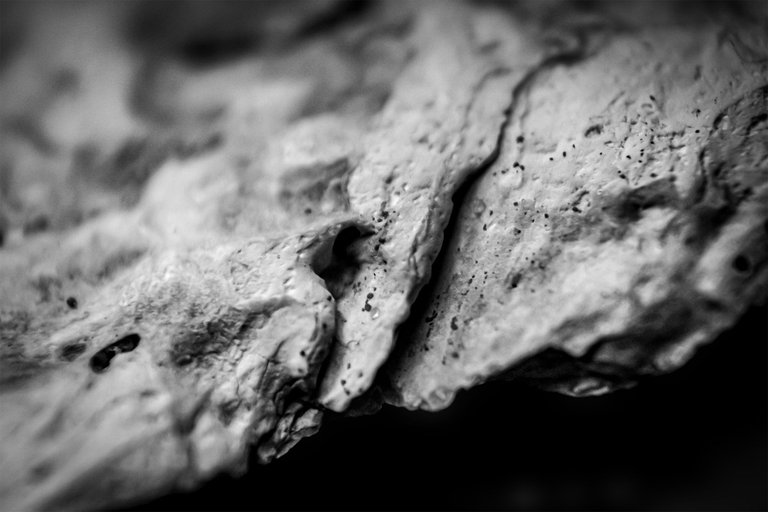
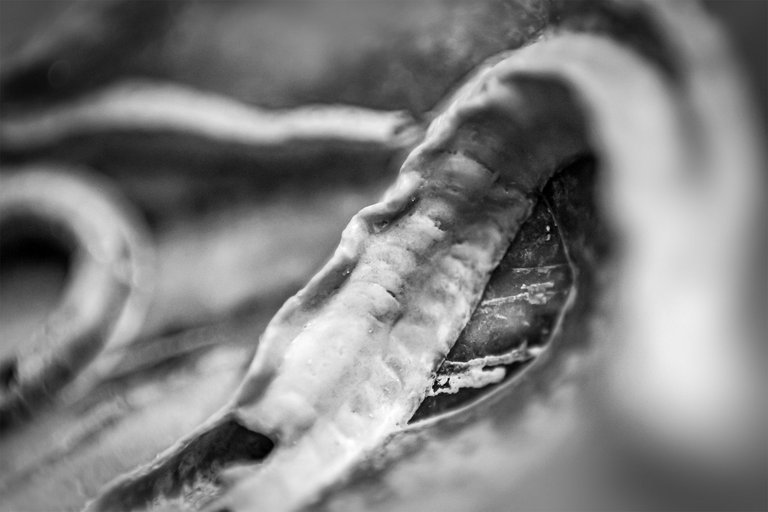
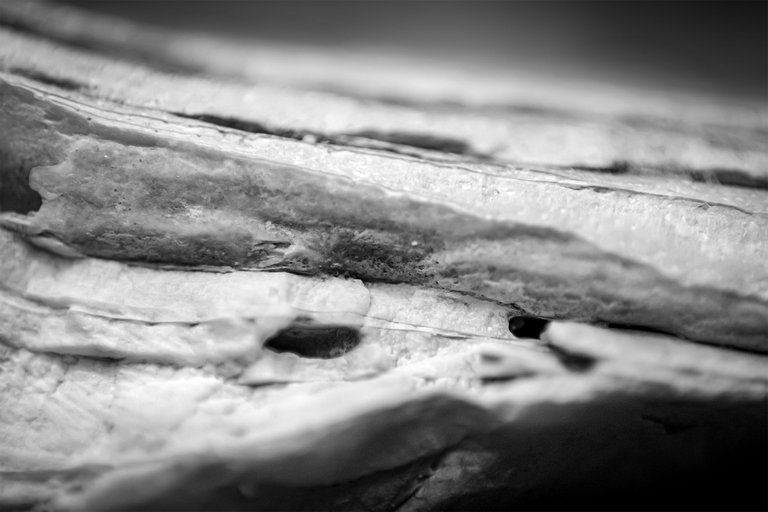
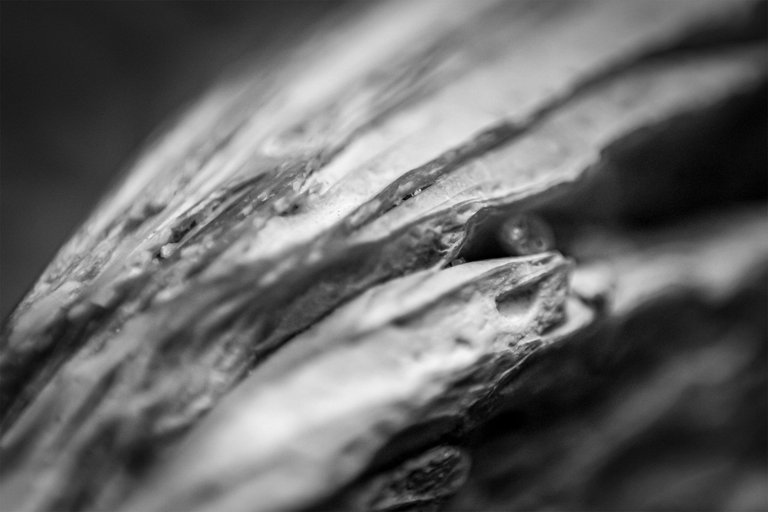
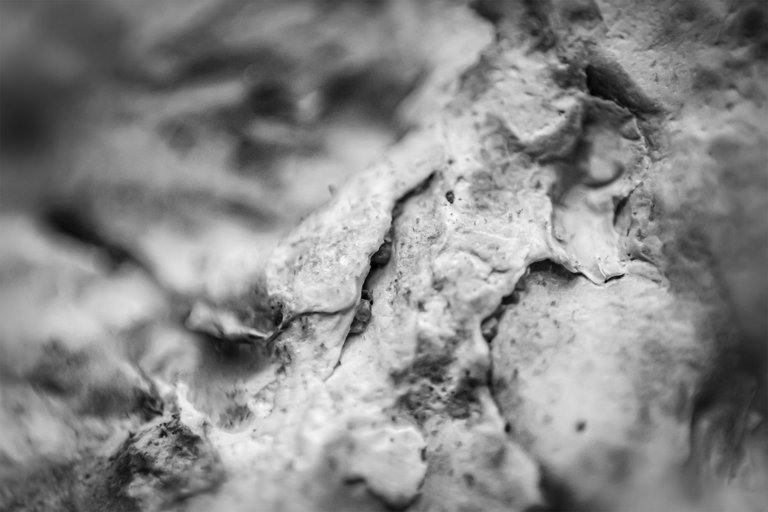
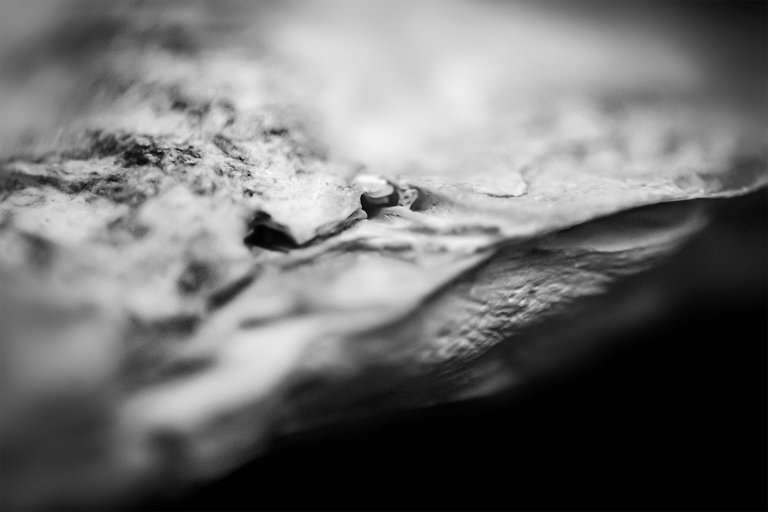
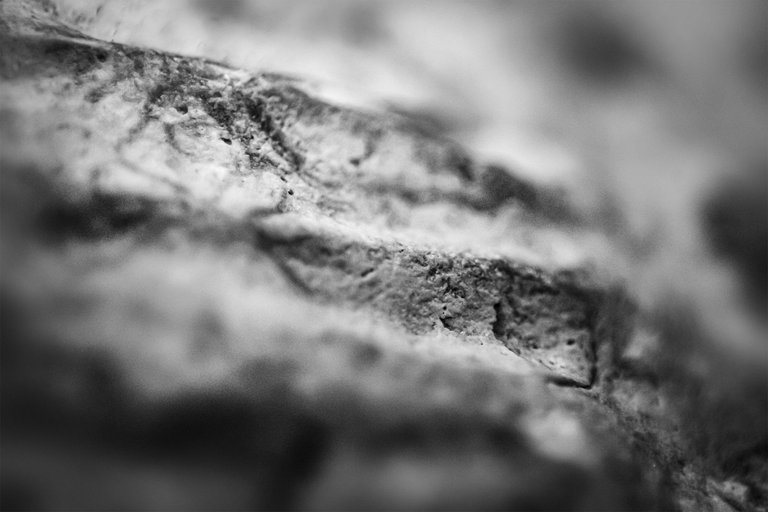
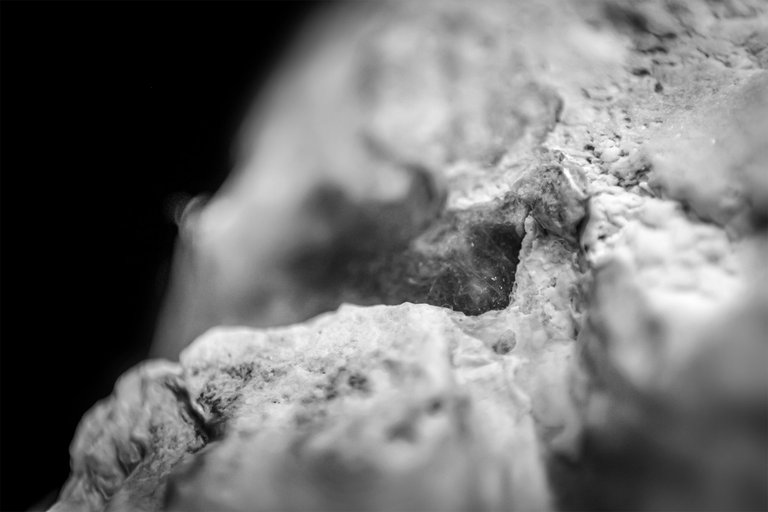
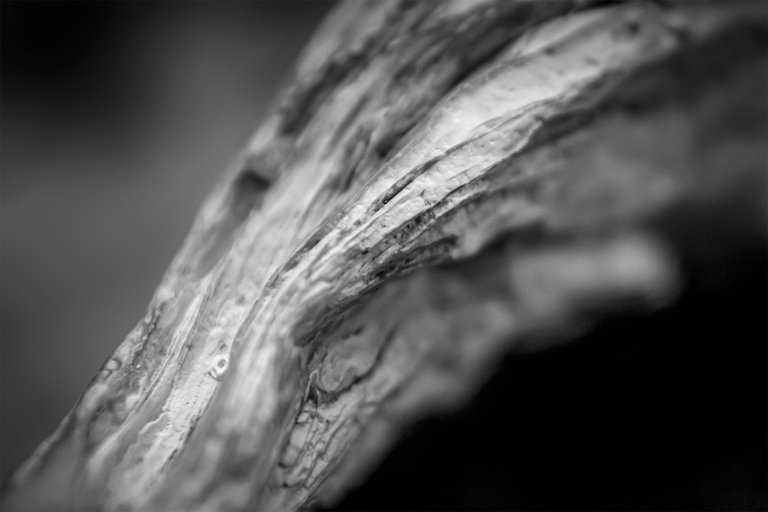
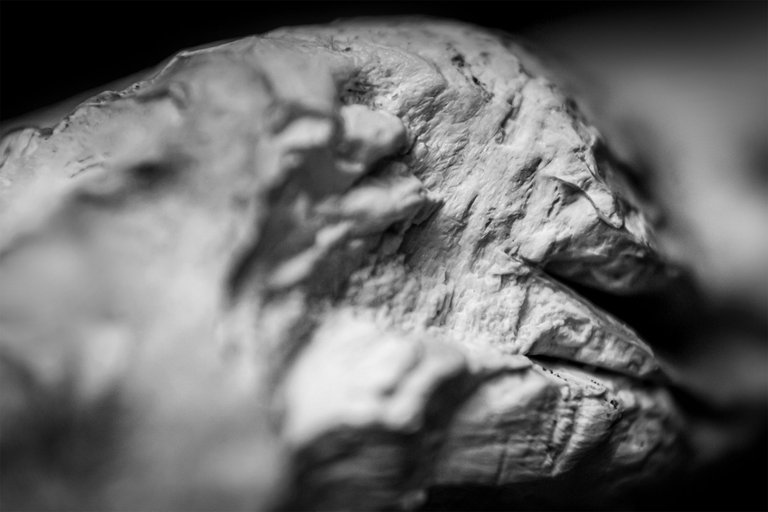
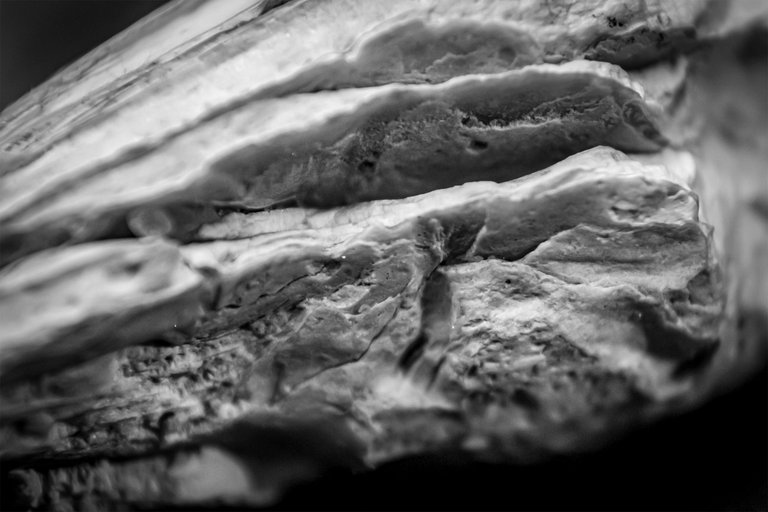
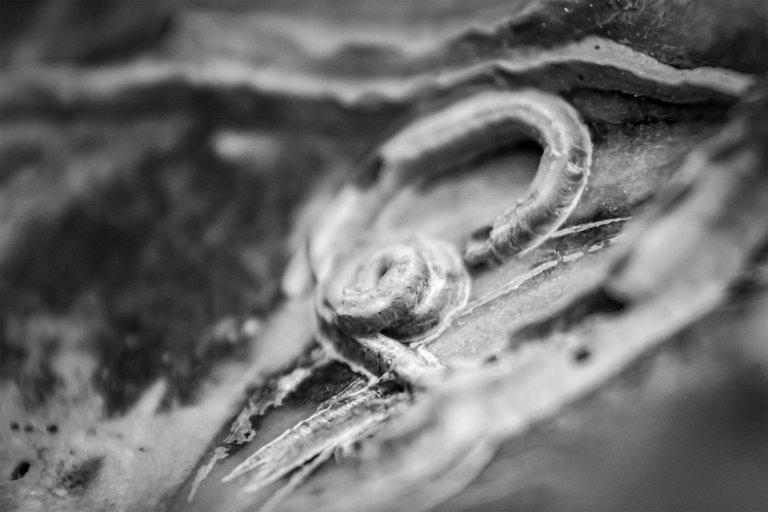
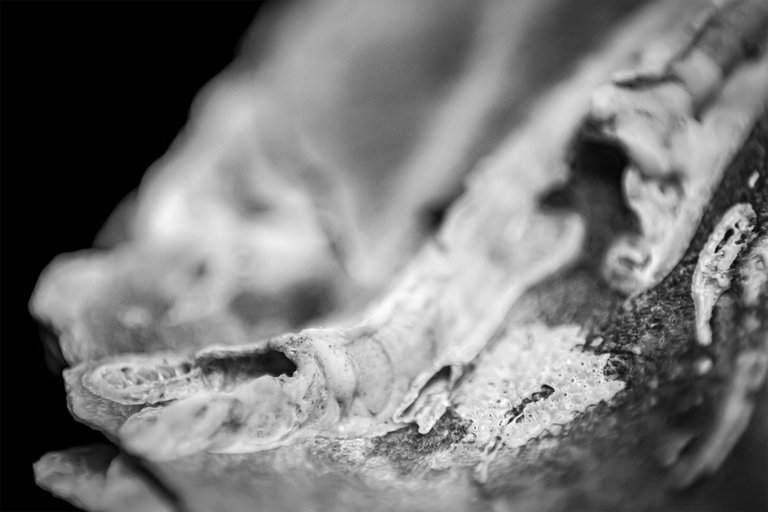
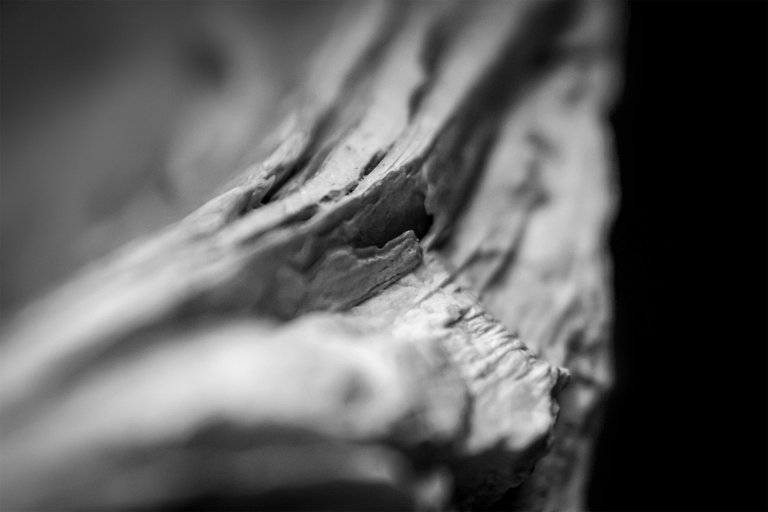
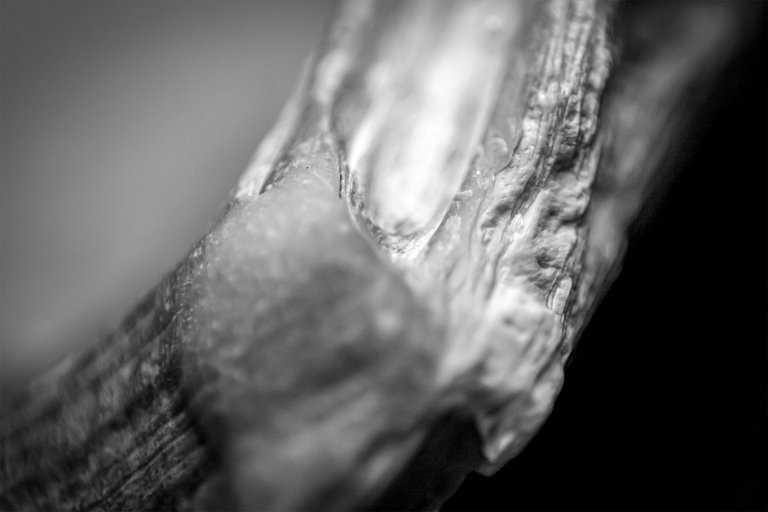
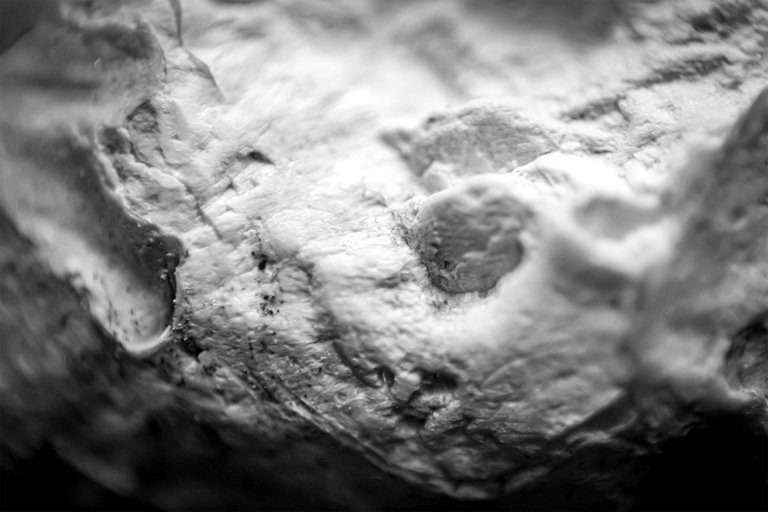
To finish, i leave you with some considerations regarding these photo sessions:
Examining miniature subjects through macro photography reveals a compelling domain where minute details assume significant importance. Immersing oneself in the intricacies of these diminutive objects allows for the recognition of the often-overlooked beauty within this microenvironment. Each image captures a fleeting moment, showcasing the complexity hidden within the small-scale elements of nature. The essence of macro photography lies in its ability to elevate ordinary subjects to extraordinary levels, offering an intimate and captivating perspective.
The session is closed for today.
Hope you like it :)

These photos weren't taken with a tripod
Camera - Canon EOS 600D
Lens - EFS 18-55mm
Location - Portugal


See you soon
Thank you for watching
Never forget
The price of anything is the amount of life you trade for it.
Time is life... value yours, make every fraction worth it.
Every person buys a camera. If we learn how to use it, then only we will be able to take good and beautiful pictures. I always like your pictures very much because they are much clearer.